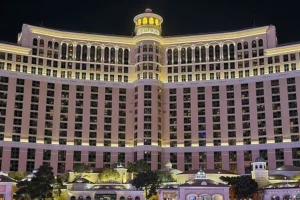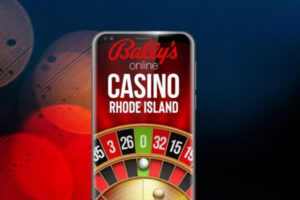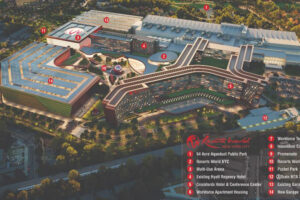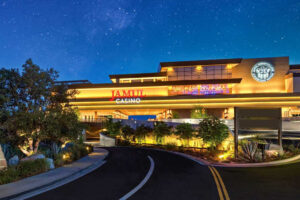Richmond Casino Voted Down for Second Time
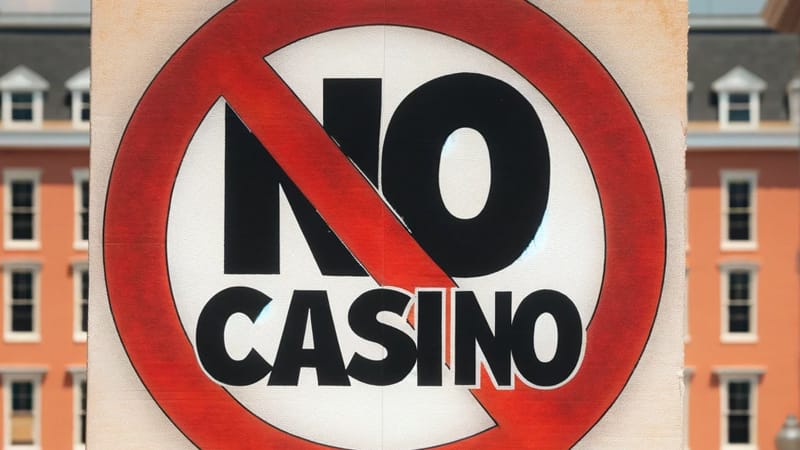
Voters in Richmond, Virginia, have once again turned down the opportunity to host a casino within their city limits. Some 58% of voters voted against the chance to have a full referendum on the issue at a later date, with just 42% in favor.
This marks the second rejection in three years for a casino plan in Virginia’s capital city. The latest idea for an addition to the list of Virginia casino venues was a $562 million venture known as the Richmond Grand Resort & Casino.
Despite an extensive promotional campaign, including last week’s free concert headlined by the Isley Brothers, developers Urban One and Churchill Downs were ultimately unsuccessful with their idea.
As of Tuesday, some 15,000 votes remain to be counted, but the wide margins mean operators have already conceded defeat.
No Casino for the Capital
The casino debate in Richmond has highlighted a community at a crossroads, with opinions often divided along racial and geographic lines. The predominantly Black southside of the city, where the casino would have been located, showed more support, compared to the northern precincts.
“I did vote yes for the casino,” said one southside resident. “Just for more jobs. Maybe it will clean up the area.”
However, one voter from Church Hill, a more affluent neighborhood, was glad to vote “No” again and put the issue to bed.
“The first time around we voted ‘no,’ and hopefully this time we will vote ‘no’ and put it to rest,” he said.
The proposed venue would have had 250 hotel rooms, a 55-acre park, and a 3,000 seat concert venue, as well as an expansive casino gaming floor.
Across Virginia, four other areas have previously voted in favor of casinos. The first casino to open in the state was Rivers Portsmouth, followed by a temporary Hard Rock Bristol venue (currently home to the only Virginia retail sports betting location).
Caesars Entertainment has a wildly popular temporary venue in Danville while it builds a permanent Caesars Virginia resort.
Looking Beyond the Ballot
Regardless of opinions elsewhere in the state, the rejection of the casino referendum sends a clear message about the priorities of Richmond’s residents.
Local activist Paul Goldman led the anti-casino campaign. He was more than pleased with the result.
“This is a victory for the people of Richmond. It’s not my victory. It’s a victory for the people,” Goldman said. “You can’t build a new city on the old politics of resentment.”
Meanwhile, Richmond Mayor Levar Stoney expressed his commitment to continue advocating for projects he believes will help the local economy.
“I will continue to be a voice for communities that have been historically overlooked and underserved,” Stoney said in a statement.
“I will work for more accessible and affordable child care, for good paying jobs, and for an abundance of opportunities for ALL Richmonders – no matter their zip code or socioeconomic status.”
The casino’s proponents, including a partnership between local corporation Urban One and Kentucky horse race betting operator Churchill Downs, had hoped the project would bring economic development to the city’s south side.
They argued that the casino would create jobs and provide a path to the middle class for many residents.
Despite the setback, other Virginia cities like Norfolk, Portsmouth, Bristol, and Danville have moved forward with their casino projects after securing voter approval as part of a state legislative package adopted in 2020.
Related: Online casinos in Virginia, reviewed and ranked





